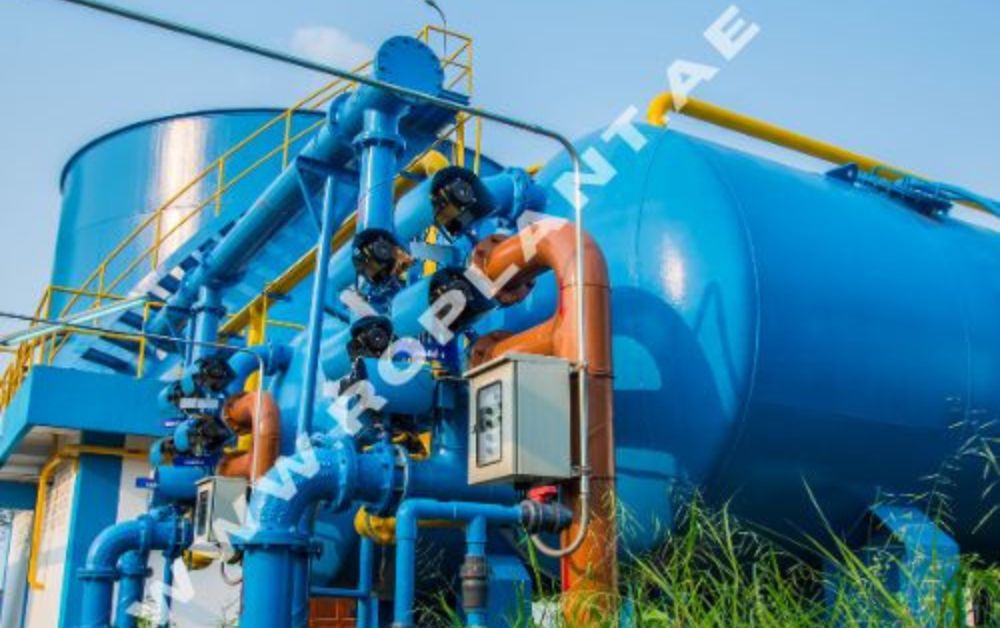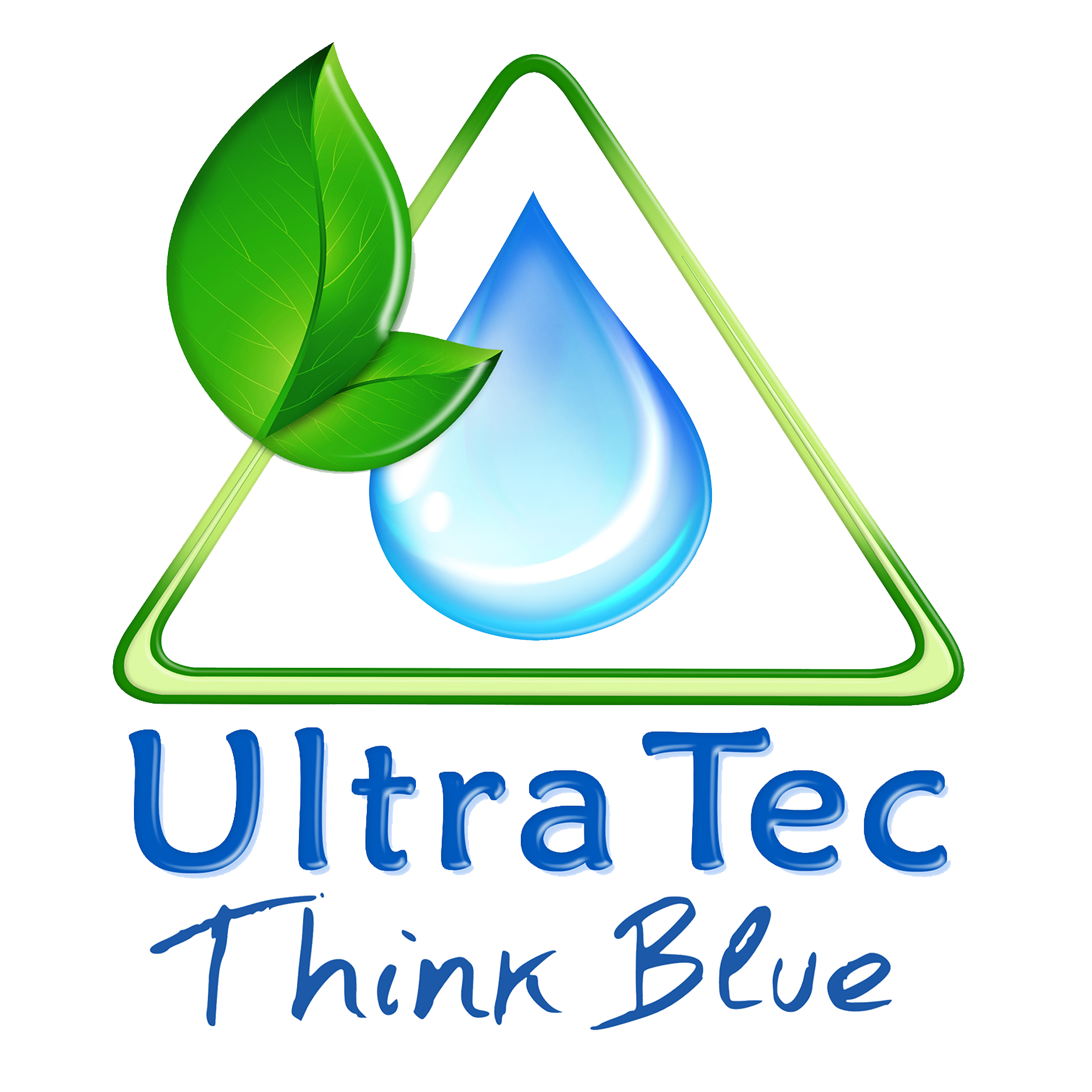
Concerned about the quality of the domestic water treatment company in uae at your home? Do you want to ensure your family drinks safe and healthy water? If so, you should consider investing in domestic water treatment. Everything you need to know about domestic water treatment, including its benefits, types, installation, maintenance, and more. So, let’s dive in!
Introduction
Water treatment is essential for survival, but not all are created equal. The water from your tap may contain harmful contaminants, such as bacteria, viruses, lead, pesticides, and chemicals, that can affect your health and well-being. Moreover, hard water, which is high in minerals, can damage your appliances, plumbing, and skin. That’s why it’s crucial to have a reliable domestic water treatment system that can remove impurities and improve water quality. Domestic water treatment is purifying and conditioning household water for drinking, cooking, washing, and other purposes. It involves various technologies and methods that can remove or reduce contaminants, minerals, odors, and tastes from the water.
The Importance of Domestic Water Treatment
The water quality you use at home can affect your health, comfort, and budget. Some reasons why you should consider domestic water treatment company in uae benefits:
- Health Benefits
Drinking contaminated water can lead to various health issues, such as gastrointestinal illnesses, skin problems, reproductive problems, neurological disorders, and even cancer. Compromised immune systems are particularly at risk. By installing a domestic water treatment system, you can ensure that your water is free of harmful pathogens, chemicals, and other pollutants that can harm your health. - Better Water Taste
Water tastes or smells bad, and you are less likely to drink it, which can lead to dehydration and other health problems. Domestic water treatment can remove the unpleasant tastes and odors caused by chlorine, sulfur, iron, and other substances, making your water more enjoyable and refreshing. - Savings
Strong water can cause mineral buildup in your pipes, appliances, and fixtures, reducing lifespan and efficiency. By softening your water with a water softener, you can prevent this problem and save money on repairs and replacements. Moreover, using filtered water for cooking can reduce the need for bottled water, which can be expensive and environmentally unfriendly.
Types of Domestic Water Treatment Systems
There are several domestic water treatment systems, each with pros and cons. Here are the most common ones:
- Reverse Osmosis (RO) Systems
The reverse osmosis System is a process that uses a semipermeable membrane to filter out impurities from the water. It can remove up to 99% of dissolved solids, including lead, arsenic, fluoride, and nitrates. However, it requires a lot of water pressure and wastes water, which can be a drawback. - Activated Carbon
Activated carbon is a material that can adsorb organic compounds, chlorine, and odors from the water. It is commonly used in countertops, under-sink filters, and whole-house systems. It is effective at removing contaminants but may require frequent replacement. - Ion Exchange
Ion exchange is a process that exchanges mineral ions, such as calcium and magnesium, with sodium ions, which can soften the water and reduce mineral buildup. It is commonly used in water softeners, which can be installed as standalone units or integrated into other water treatment systems. However, it can increase the sodium content of the water, which may not be suitable for people with high blood pressure or other health conditions. - Ultraviolet
Ultraviolet (UV) technology uses UV light to kill bacteria, viruses, and other microorganisms in the water. It is often combined with other treatment methods, such as reverse osmosis or carbon filters, to ensure complete purification. It is a chemical-free and energy-efficient solution but may not remove other contaminants. - Distillation
Distillation is a process that boils and condenses water to remove impurities, such as minerals, metals, and bacteria. It is a reliable and effective method but may require a lot of energy and time to produce enough water for household use.
Choosing the Right Domestic Water Treatment System
Choosing the right domestic water treatment system by Ro plant depends on several factors, such as water quality, budget, preferences, and household size.
- Get Your Water Tested: Before you invest in a domestic water treatment system, you should get your water tested by a certified laboratory to determine the types and levels of contaminants present. This will help you choose a system that addresses your needs and concerns.
- Consider Your Budget: Domestic water treatment systems come in a wide range of prices, from a few hundred to several thousand dollars. When choosing a system, you should consider your budget and the long-term costs, such as maintenance, filter replacement, and energy consumption.
- Evaluate Your Space: Some domestic water treatment systems require more space and installation than others. For example, a whole-house system may require a dedicated room or basement, while a counter top filter can fit on your kitchen sink. You should evaluate your space and plumbing before choosing a system.
- Research the Brands: Not all domestic water treatment systems are created equal. Research the brands and models of the systems you are considering, read reviews and ratings from other customers, and compare the features and warranties.
Installing and Maintaining Your Domestic Water Treatment System
Once you have chosen the right domestic water treatment system, you should install it properly and maintain it regularly to ensure its optimal performance and longevity.
- Follow the Instructions: Every domestic water treatment system has installation and operation instructions that you should follow carefully. If you are not comfortable with DIY installation, you should hire a professional plumber or technician to do it for you.
- Change the Filters: Most domestic water treatment systems use filters that need to be replaced regularly, depending on the usage and the type of filter. You should follow the manufacturer’s recommendations for filter replacement and keep track of the dates.
- Clean the System: Some domestic water treatment systems, such as reverse osmosis and distillation, require periodic cleaning and maintenance to prevent bacterial growth and mineral buildup. You should follow the instructions and use the recommended cleaning solutions.
- Test the Water: Even with a domestic water treatment companies in uae system, testing your water periodically to ensure its quality and performance is a good idea. You can use a DIY test kit or hire a professional laboratory to do it for you.
